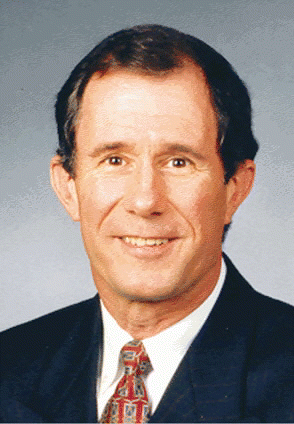Robert H Miller, MD, MBA, is Executive Director of the American Board of Otolaryngology and Chair of the Editorial Board of ENT Today.
Explore This Issue
December 2008This issue’s Special Report is on quality improvement, an increasingly important health care issue not only in this country, but also in many other countries around the world. I don’t think anyone can argue with the fact that the US health care system is, overall, more advanced in technology, capabilities, and capacity than that of any other country in the world, a fact of which we American physicians should be very proud. However, there is always room for improvement.
I think sometimes physicians are overly sensitive to the media reports about thousands of patients dying each year because of medical errors, because they take it personally. Physicians feel very strongly about their patients’ well-being and we view ourselves as the captains of the ship, so when we hear reports of these medical misadventures, we inherently feel challenged or threatened. We may think our practices are being criticized unfairly when we are doing our best in what are difficult times. This reaction is both a good thing and a bad thing.
Let’s start with the bad thing. If we feel personally attacked, then we may assume a defensive posture because not only are the malpractice lawyers saying we are the villains, but now the health care quality improvement experts are against us, too. Taking this attitude is, in some ways, only natural, but it is incorrect and nonproductive. We could become insular and not be an active participant in the improvement process. Or worse, we could reflexively fight needed changes because they might interfere with what is the usual practice to which we have become accustomed.
 It is one thing to say ‘let’s not do this again,’ but another thing entirely to look systematically into how the mistake occurred and change procedures to ensure it does not happen again.
It is one thing to say ‘let’s not do this again,’ but another thing entirely to look systematically into how the mistake occurred and change procedures to ensure it does not happen again.The Right Response
I think the appropriate response (the good thing) is that we do care about our patients; we should ask How can we, as a part of the health care team, improve the system?
At one level, we can work within our offices and hospitals, reviewing systems and processes for areas of improvement. Most of the fatal errors identified in various reports are not physician-based, but result from problems with the systems in place in our hospitals and offices. Medication errors (incorrect transcription of an order, errors in administered dosage, drug interactions) are among the most frequently cited causes of problems in hospitals.
Leave a Reply